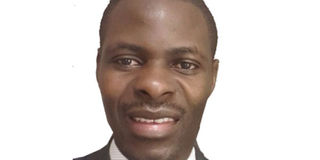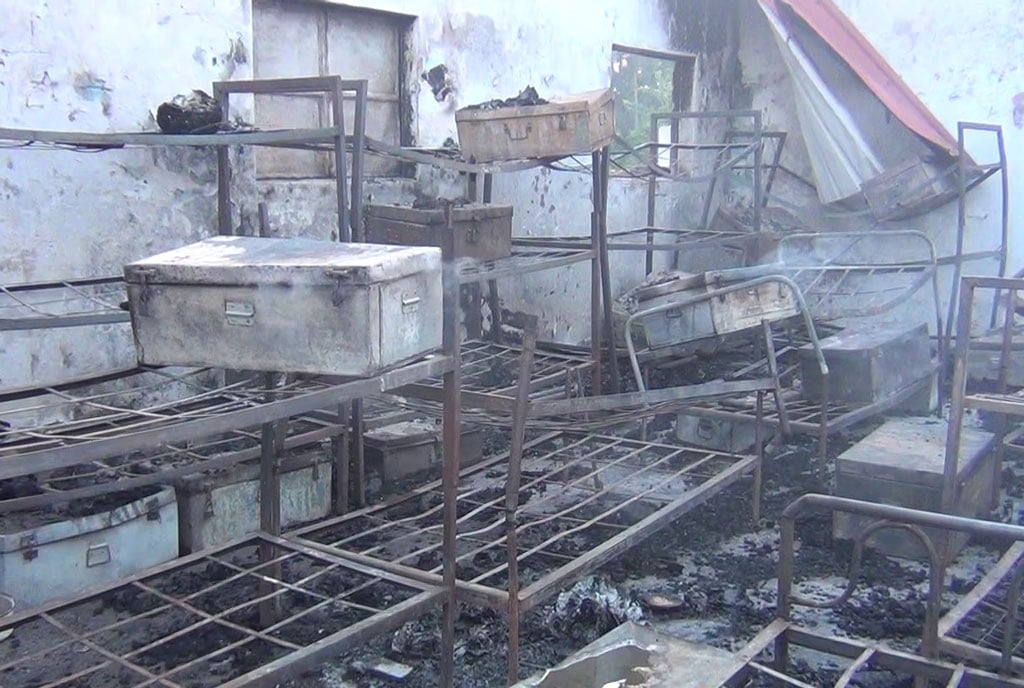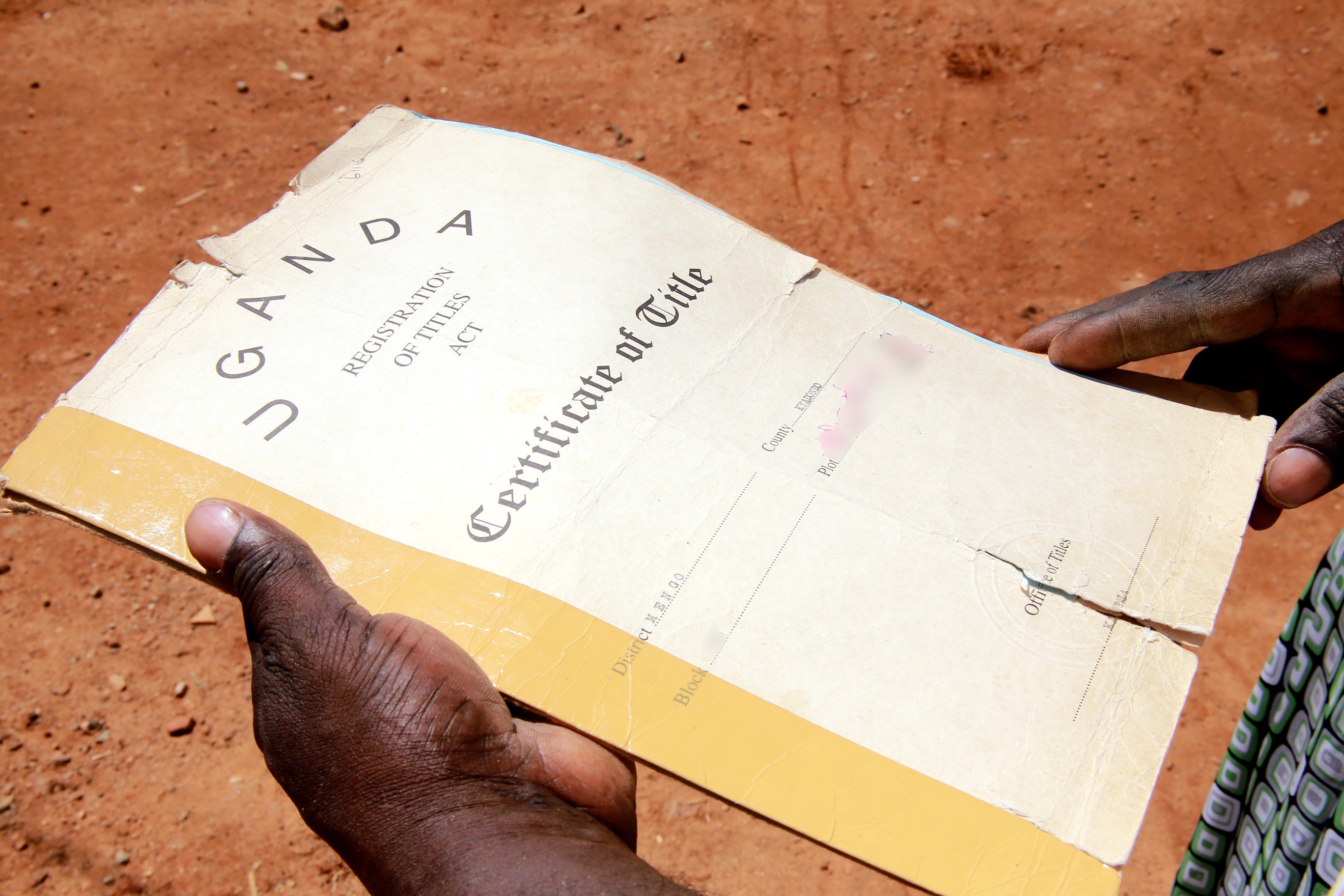Why I am not impartial but nonpartisan

Author: Moses Khisa. PHOTO/FILE.
What you need to know:
- Mr Moses Khisa says: My goal is to speak against what is wrong, not in favour of specific options.
In a recent Twitter exchange, Mr Andrew Mwenda chided me for being partisan in my arguments and analyses. This was most ironic coming from him considering that his critics have, in fact, faulted him precisely for what they consider as his overt and aggressive partisan bias in favour of the current political status quo in Uganda.
The charge of partisanship directed at me is not new; it is as frivolous as they come. I have lost count of how many times this snide label has been thrown at me, quite instructively by individuals associated with the Museveni regime or who at a minimum are sympathetic to his rule.
In the main, it is a deliberate tactic intended to divert and distract from the issues. Rather than counter my arguments and show why I am wrong, the goal of purporting to brandish a partisan ‘red card’ is to discredit and silence a regime critic, a futile mission, to be sure.
Whenever confronted with this charge, I have never shied away from conceding that I am indeed partial and ‘partisan’, only that my partisanship is not to any politician or political party, but rather to the principles of fairness, justice and the public good.
While I have been clear where I stand on matters of Ugandan politics, and very unequivocal about my opposition to the rule of Mr Museveni, I am by no means straitjacketed by any of his opponents. My fidelity is to the truth, not to any partisan agenda.
My criticism of Mr Museveni and my opposition to his rule also does not mean I have a one-sided and biased perspective on the man and his long stay in power. As matters stand today, it is pointless to try to be impartial and sound balanced.
At any rate, there are legions of regime apparatchiks, Museveni’s fans and followers all over mainstream media and on the streets of Twitter and Facebook liberally praising the man and extolling his rule. To try to add my voice would be redundant!
Being neither a politician nor a political operative, my goal is to speak against what is wrong and not necessarily in favour of specific alternatives.
Obviously, as a citizen, I have the constitutional right to belong to a political party and to choose a leader in an election.
This though, is not Mr Mwenda’s point. His is to maliciously impute that I am not an independent-minded scholar, but rather a ‘partisan hack’ the latter broadside recently thrown at me, still on Twitter, by one of Mwenda’s close associates, an individual in fact known to work for the State’s intelligence apparatus.
Whatever the attempts at cheap smear and smudging, I remain firmly convinced that it is morally unacceptable, especially for a scholar, to take the easy option of impartiality and neutrality when there are important socio-political questions at stake.
To do so is not just a moral dereliction, it is tantamount to complicit in the wrongs happening in society. And there are way too many wrongs in Uganda today, and indeed around the world, for one to turn a blind eye and feign impartiality or take vague positions in the name of wanting to be balanced.
When things go wrong, like rigging an election or the brutalisation of citizens using the very State supposed to serve them, presiding over a decayed corrupt system of rule, blatant nepotism and failure to deliver on the key basics expected of government, I do not see how skirting around such issues should be the choice for a scholar or any public commentator.
Fortunately, for Mr Museveni, there has been a pattern and preference for a great many who would be critical voices rooting for the public good opting instead to either refrain from overt public comments or coach them in the language that ostensibly defers to impartiality and objectivity.
Uganda has for long been at critical crossroads and the idea that a conscious citizen can sit on the fence and equivocate on what is happening, is sheer abdication of the moral duty we owe to society.
We can argue about the details and the facts, about the context and the necessary nuances of specific situations, but the overarching stance against injustice and wrongdoing cannot be compromised at the altar of any mundane or lofty justifications.
While we have to avoid a narrow and one-sided view of what is happening, it is also intellectually dishonest for especially scholars to try too hard to elide confronting pertinent questions that speak to the real rough and tumble of the social and political world.
Mr Khisa is assistant professor at North Carolina State University (USA).
[email protected]




